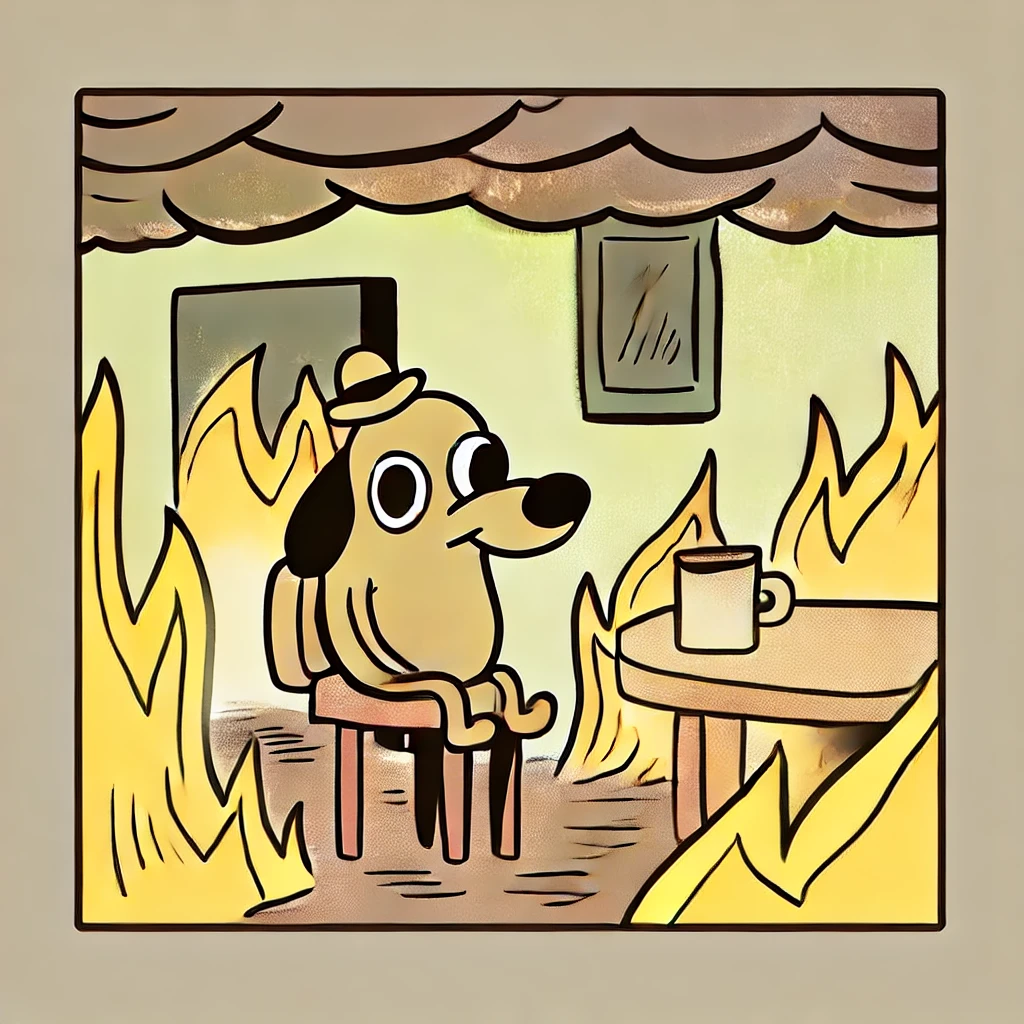Picture this: you’re on a treadmill that only speeds up. Every time you catch your breath, the belt jolts forward again.
That’s where we’ve been—on the treadmill of GDP growth. But maybe it’s time we asked, what if we just stepped off?
Kate Raworth’s book “Doughnut Economics” gives us permission to do exactly that.
Her framework doesn’t ask us to abandon economics—it invites us to rethink it. Instead of treating the economy like a well-oiled machine designed to produce infinite growth, she asks us to see it more like a living ecosystem. Something messy, interdependent, and beautifully alive. And like any ecosystem, it thrives on balance.
But here’s the thing—we’ve been told a very different story.
We’re told we need infinite GDP growth to survive—even though that growth often comes from extracting more, polluting more, and widening inequality.
When we feel the burnout and see the collapse, the system says, “This is fine. Keep going.”
We’re told the economy is a rational machine with predictable outcomes, that if we just tweak the levers—cut interest rates, increase productivity—it will produce fairness and prosperity.
But it doesn’t. It’s complex, emotional, and interconnected. Pretending otherwise keeps us from fixing the deeper problems.
We’re told people are selfish and that markets are the only way forward. But we see mutual aid, generosity, and care sustaining communities where markets fall short.
And still, we’re told to act like game theory robots.
We’re told that waste, pollution, and ecological destruction are unfortunate side effects rather than design flaws. The system keeps dumping costs on nature and calling it “progress.”
Meanwhile, we keep trying to recycle our way out of a broken model that was never balanced to begin with.
Our economy doesn’t hate us—it just wasn’t built for balance. And once we see that clearly, we can begin to build a better economy for the future.
That means replacing GDP obsession with a new goal: meet every human’s needs without overshooting the planet’s limits.
It means recognizing that humans aren’t hyper-rational game pieces always seeking to maximizing profits—we’re emotional, creative, social beings who sometimes buy a houseplant just to feel something.
Most of all, it means embracing systems thinking: seeing wealth not as something to stockpile at the top, but as something to circulate, like water in a healthy watershed.
And just like wealth must circulate to keep society in balance, materials must circulate to keep nature in balance. If we want to stay inside the safe zone of the doughnut—above the floor of human dignity and below the ceiling of ecological collapse—we need economies that repurpose and regenerate, rather than extract.
And so we ask ourselves: What kind of economy would we build if we stopped focusing on how fast it grows and started focusing on what helps it thrive?
Thanks for reading with me! These thoughts come from the book Doughnut Economics by Kate Raworth, Seven Ways to Think Like a 21st Century Economist.
I would love to hear from you. Just reply to this email if I sparked your interest.
Stay curious,
Louis





